I used a plastic water filter for years. Who wouldn't? It cuts down on buying bottled water, which, as it turns out, is pretty much the same as unfiltered tap water. Plus, bottled water is terrible for the environment and your wallet, too. Water that costs only pennies a day and actually was purified as opposed to just saying it was? That's a no-brainer.

Brita states that each filter equals roughly 300 16.9 oz. plastic water bottles.
Recently, however, I became concerned about plastic leaching chemicals into my water, especially BPA and estrogen-like hormones. It didn't make sense to stop buying bottled water only to consume water that had been sitting around in a plastic jug with a plastic filter. And I'm not sold on the sour taste that DIY sodium alginate and calcium lactate water bubbles give water (not that it's a viable storage solution anyway).

Homemade water bottles, er, bubbles.
Plus, I was interested in finding more ways to cut back on the amount of trash I was producing. While there are ways to reuse, upcycle, and recycle Brita filters, let's be honest—most of them end up in the trash.
Fortunately, there are lots of ways to purify water at home that are cheaper than a Brita. We've already shown you a couple, like using fruit peels and rubbing alcohol or DIY activated charcoal filters, as well as a method to purify water with a stick if you're out in the wild.

A replacement Brita filter turned into a reusable one.
For those of us who prefer home, hearth, and a working fridge, here are a couple of great alternatives to Brita water filters you should try out.
1. Binchotan Charcoal
This is my personal favorite water purifying technique because it's easy, reasonably priced, biodegradable, and nice to look at. Bichotan charcoal is essentially Mother Nature's version of the Brita filter.

Binchotan charcoal take from the oven before cooling down.
A stick of blackened carbon made from tree branches, usually oak, binchotan soaks up bacteria, absorbs smells, and releases minerals into the water. The sticks last for up to three months and can be boiled in water for ten minutes to get another few months' use out of them.

Binchotan charcoal branches ready for use.
You can purchase binchotan charcoal here or here. You need to rinse off the charcoal and then treat it by boiling it in some water for at least ten minutes, then you're good to go.
It usually takes at least an hour for the charcoal to purify the water it's sitting in. I generally don't measure, but some sources say one branch will purify about one liter of water.

Binchotan charcoal filtering a carafe of water.
The first two or three jugs of water the charcoal sits in will have a definite charcoal-y aftertaste, but I generally use those batches to water plants or the yard. Afterward, you won't taste anything but pure, clean water. The Wall Street Journal even did a taste test!
I like to buy a couple of sticks at a time and place them in a good-looking glass carafe. It's almost like having a little bit of art in your fridge or on your dinner table.

Binchotan charcoal looking pretty.
Once you're finished, bury them in the yard or with a favorite plant as a fertilizer or to balance the PH level of the soil. You can also place the used charcoal in your refrigerator or among your shoes to absorb odors.
2. Terracotta Filters
Terracotta pots can work as water filters, too. The majority of bacteria and impurities in water get caught in the microscopic pores of the pot's walls as the water drips through the clay. A coating of colloidal silver ensures that whatever other bacteria remains is neutralized before the water gets through the wall.

Terra cotta pots used as water pitchers.
You can watch the video below from Potters for Peace for a full explanation of how the process works.
Another added benefit is that terracotta filters help keep water cool without electricity, which means it'll take up less space in your refrigerator and won't need to be plugged in.
You can buy terracotta water filters from Stéfani Terracotta, or if you're a DIY type, you can make your own. The big advantage of a terracotta filter is that you can purify an enormous quantity of water and the filter is good for years.
Alas, it is not as plug-and-play easy as binchotan, but it makes more sense if you have a large family or group of people to keep hydrated. You can also buy ceramic filtration kits from Homespun Environmental to get you started.
What's your favorite way to purify water?
Cover image via Shutterstock





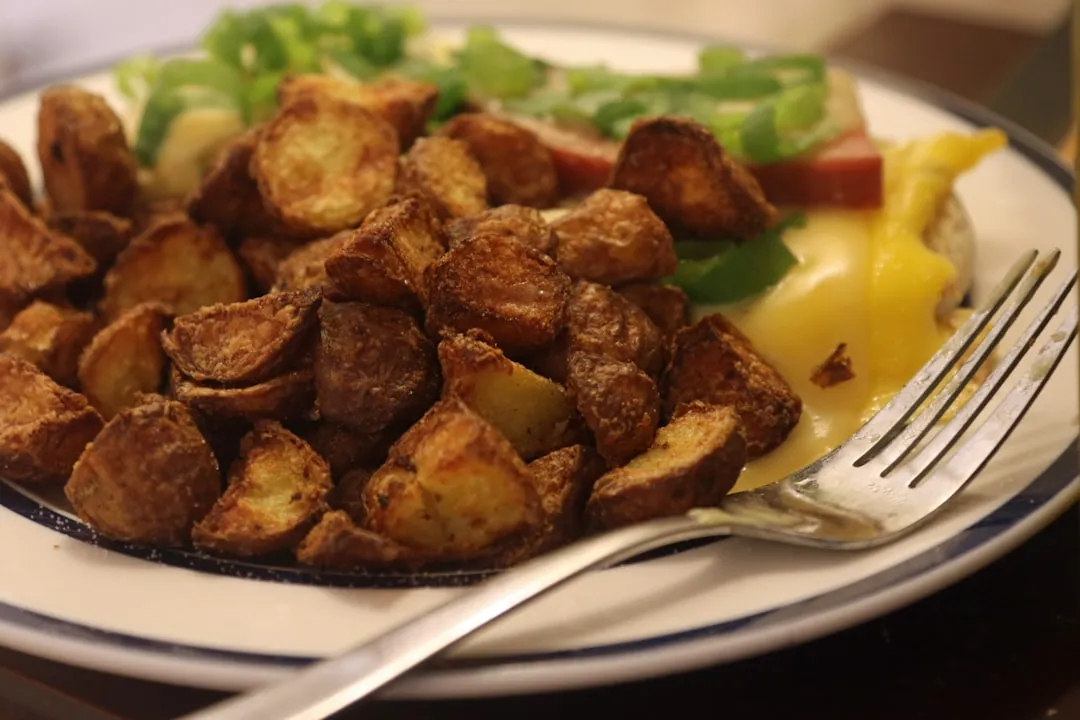
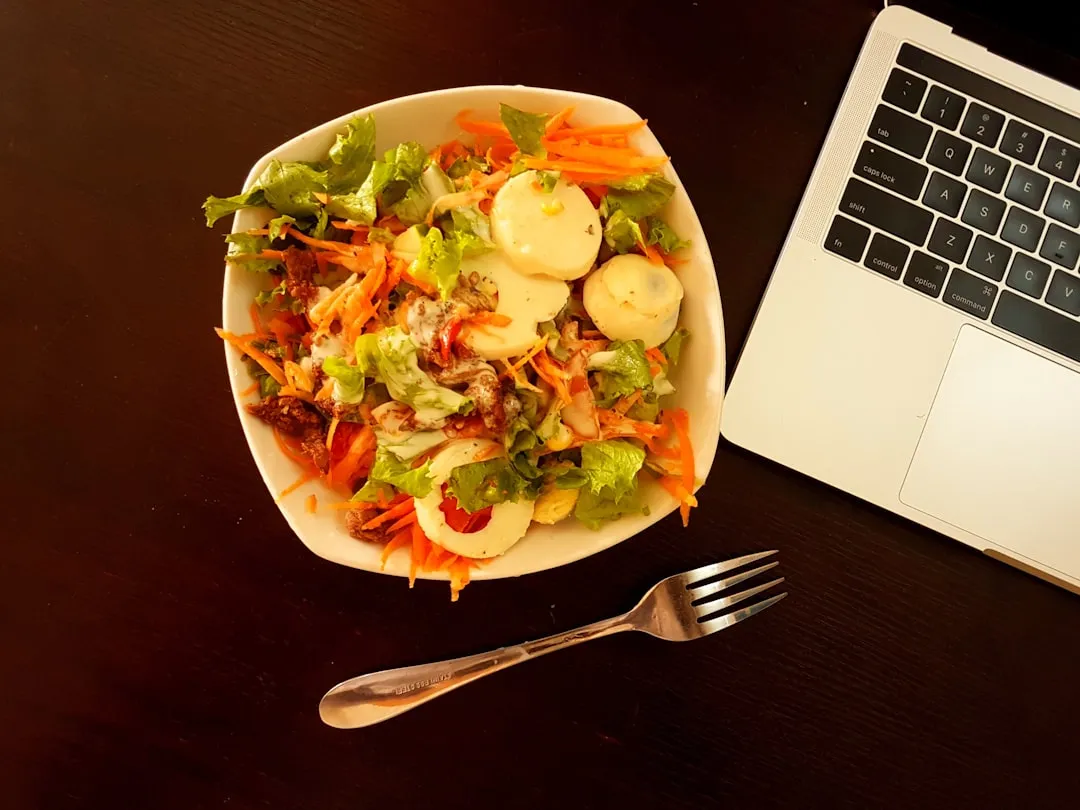
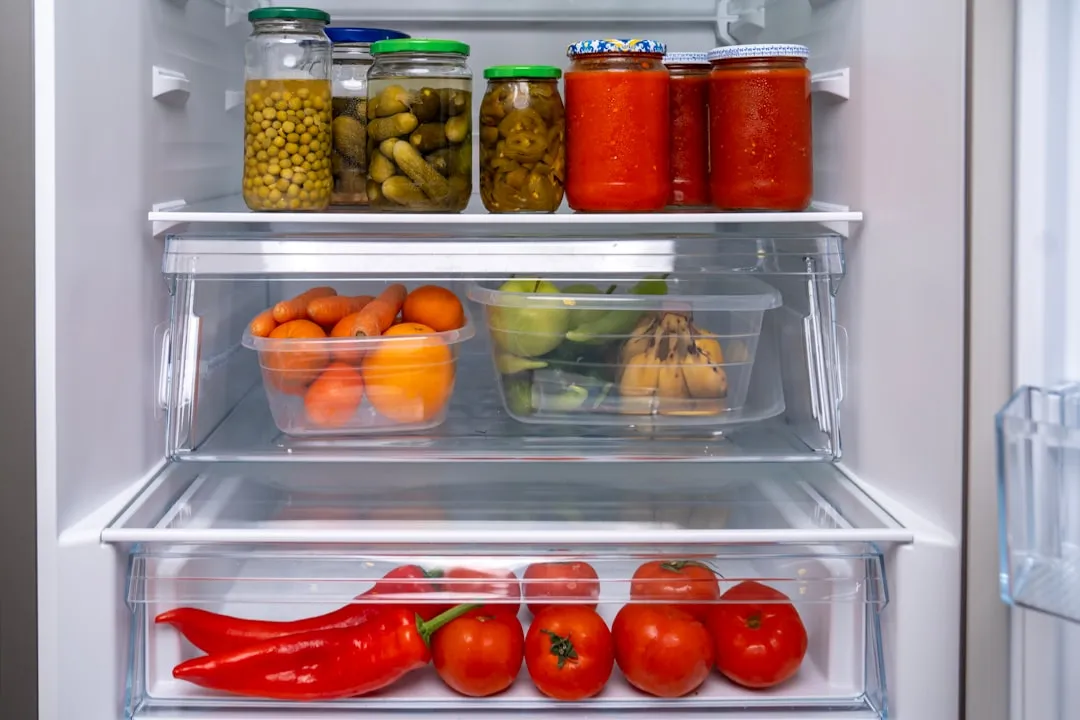
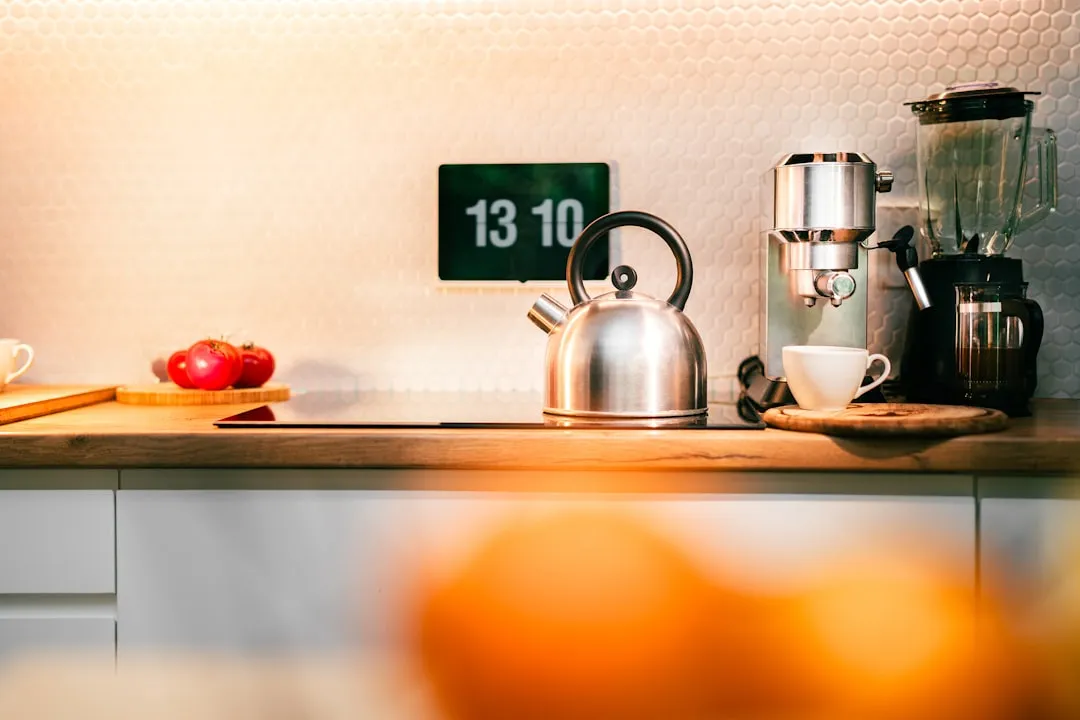
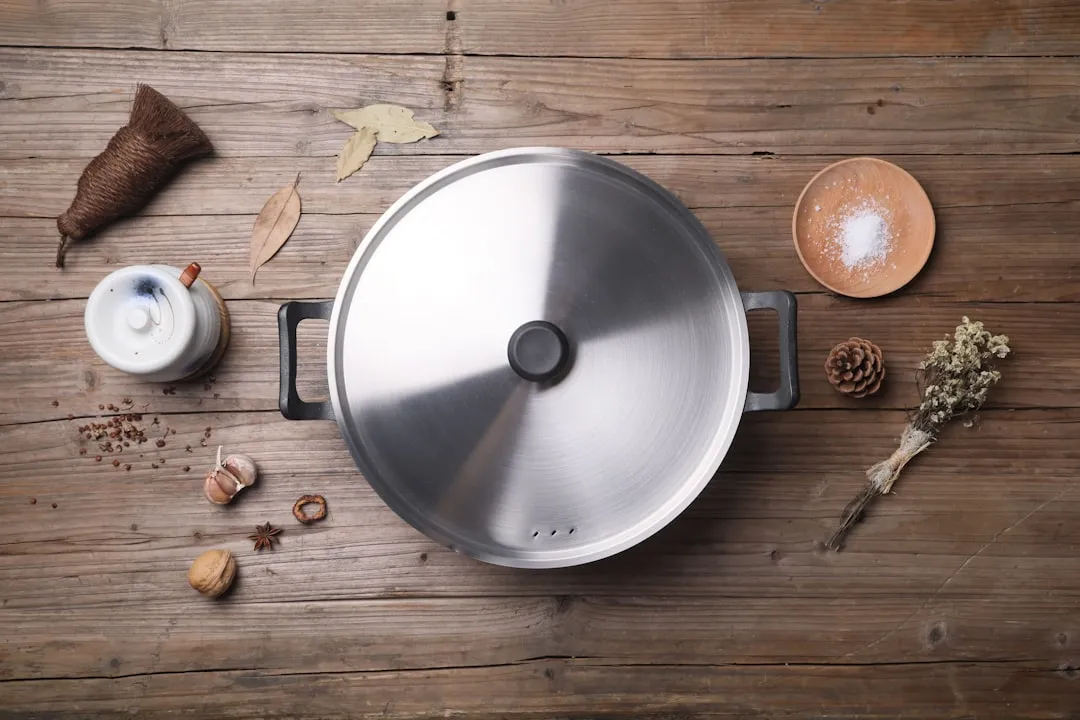
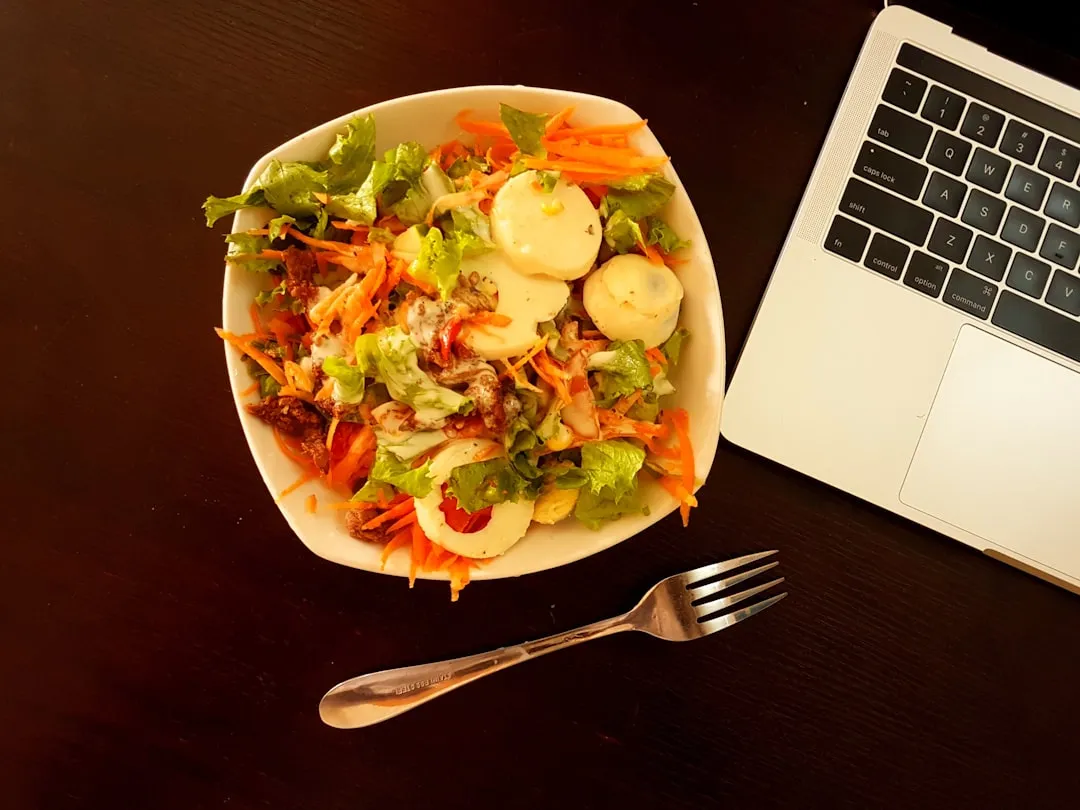
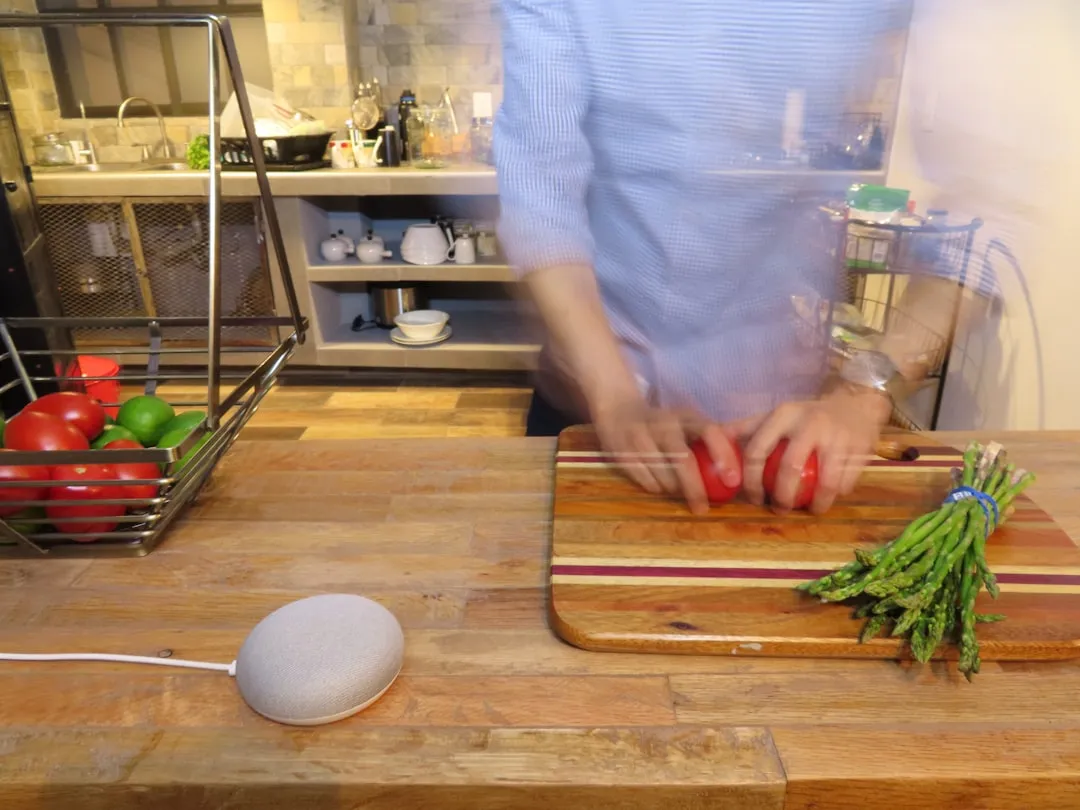
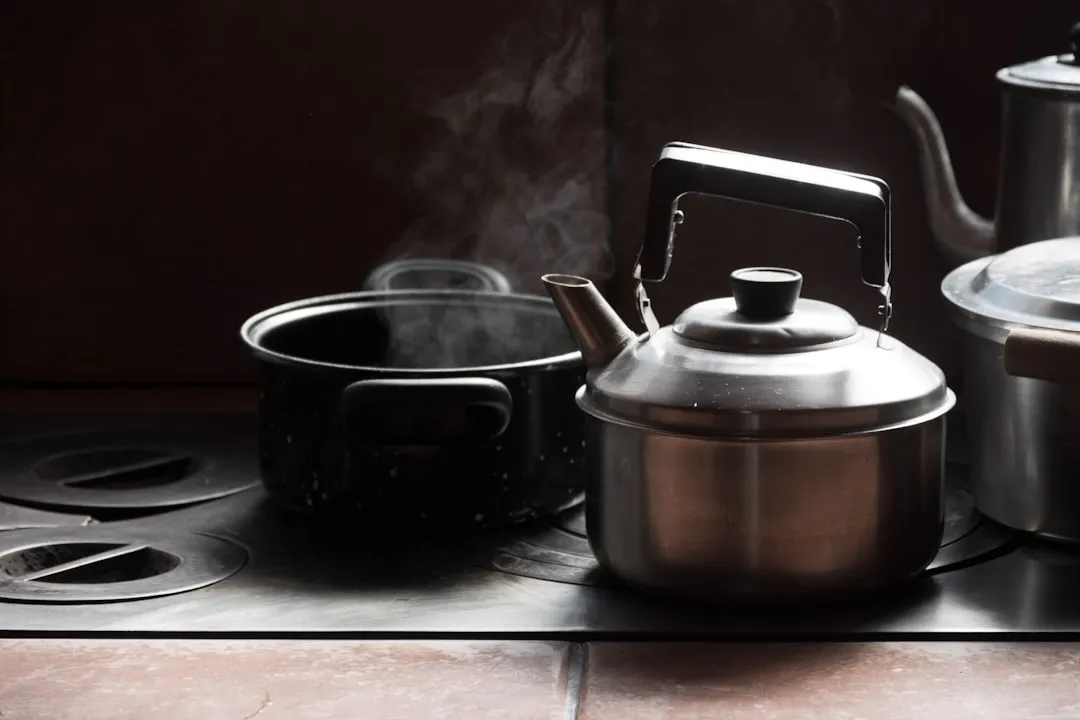
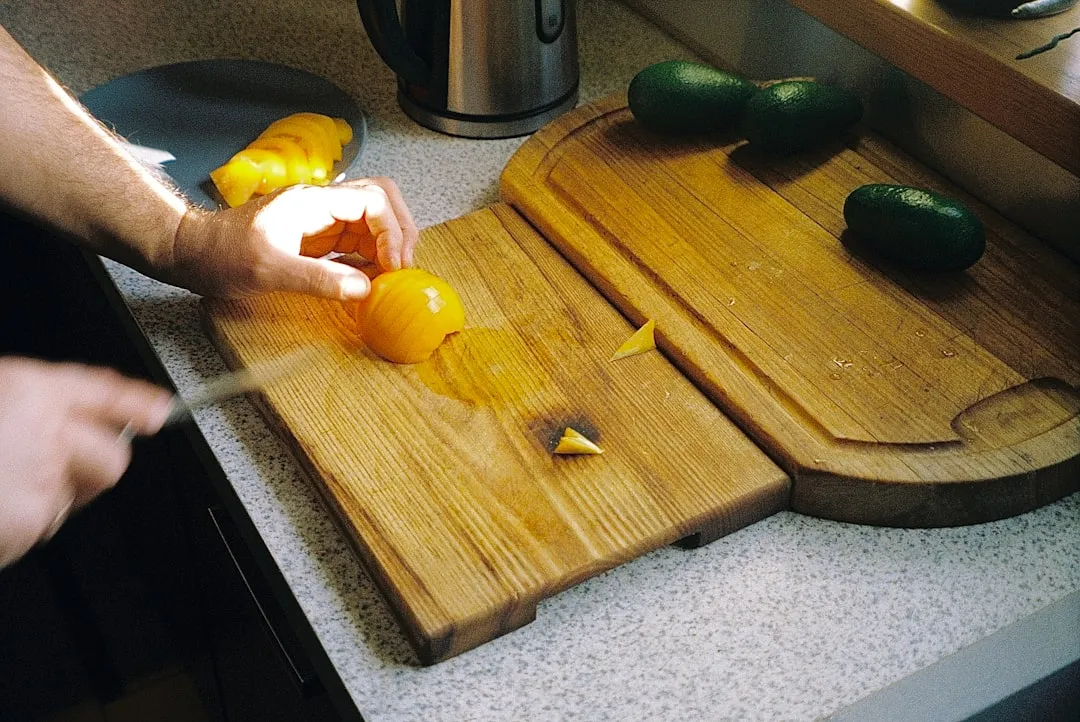
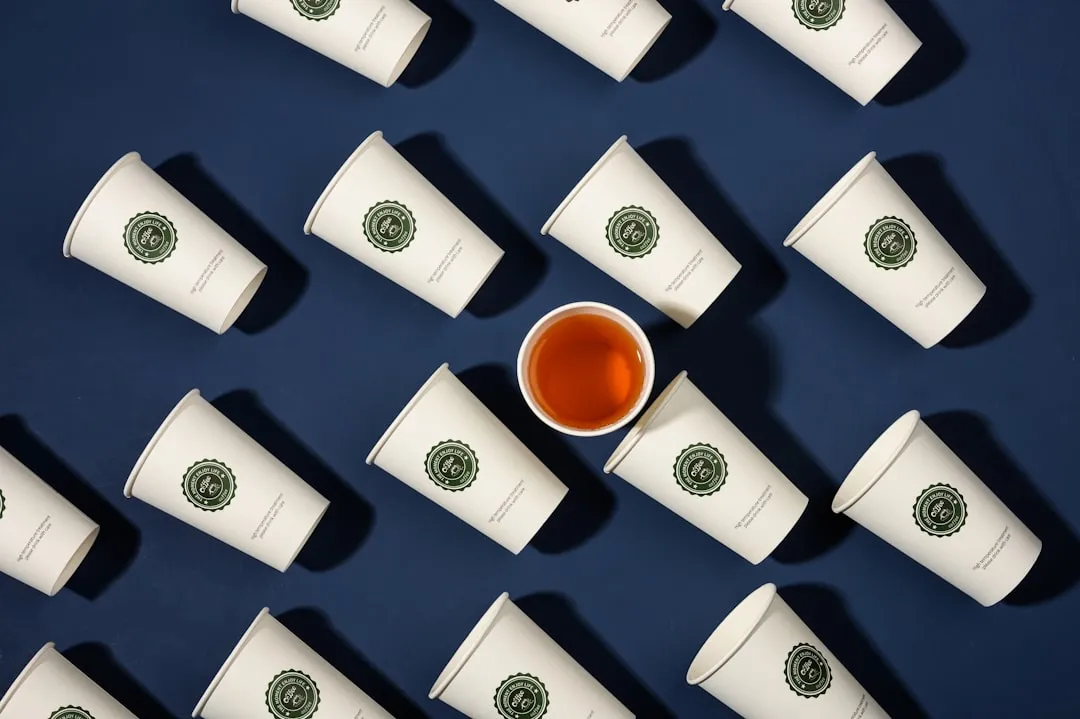
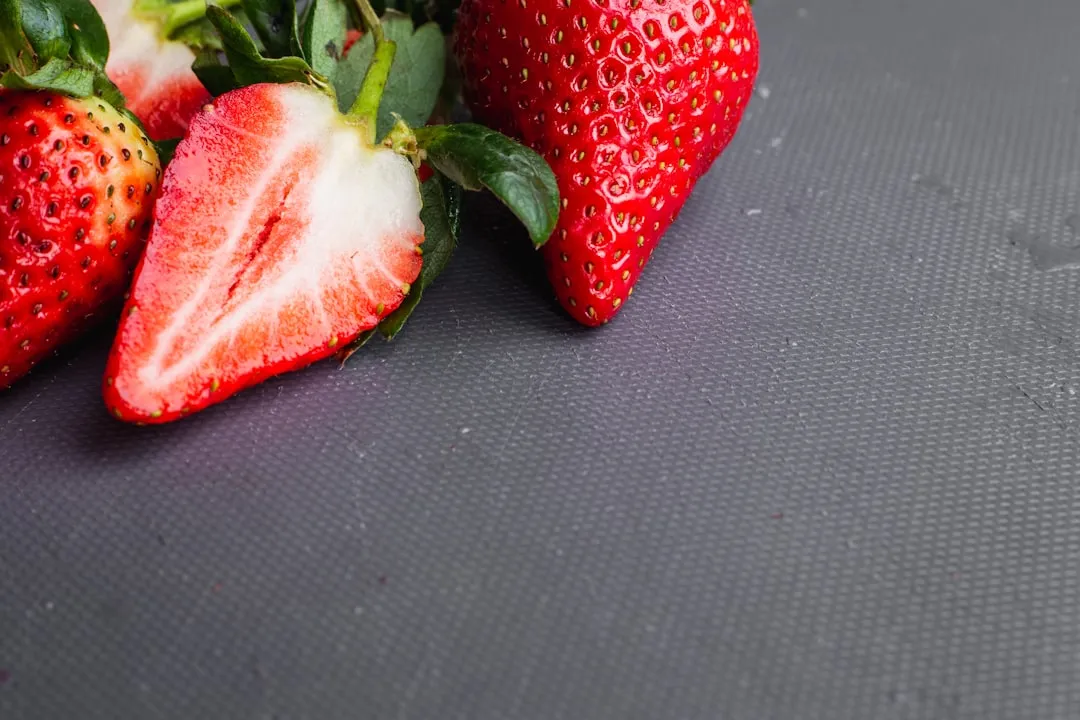
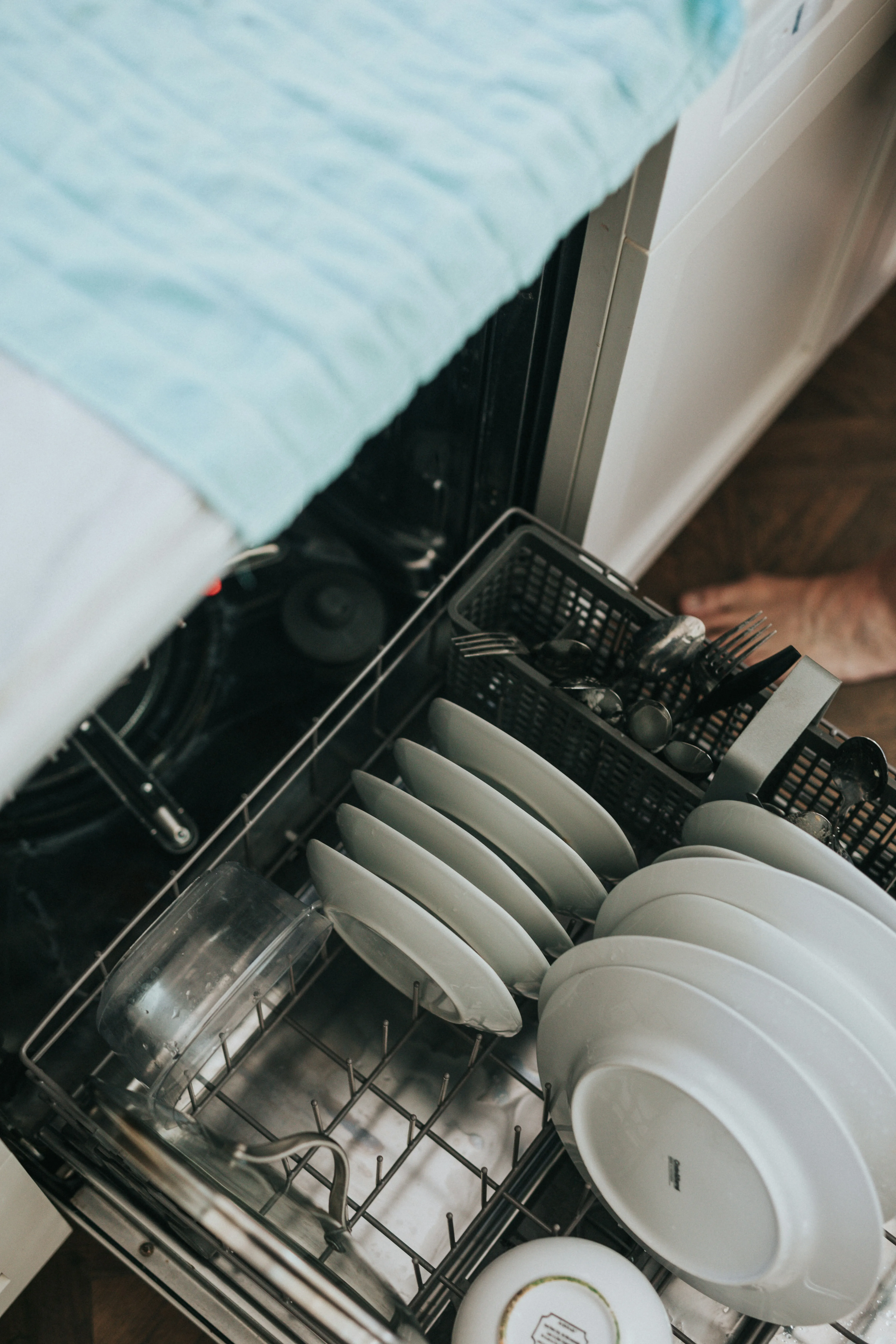
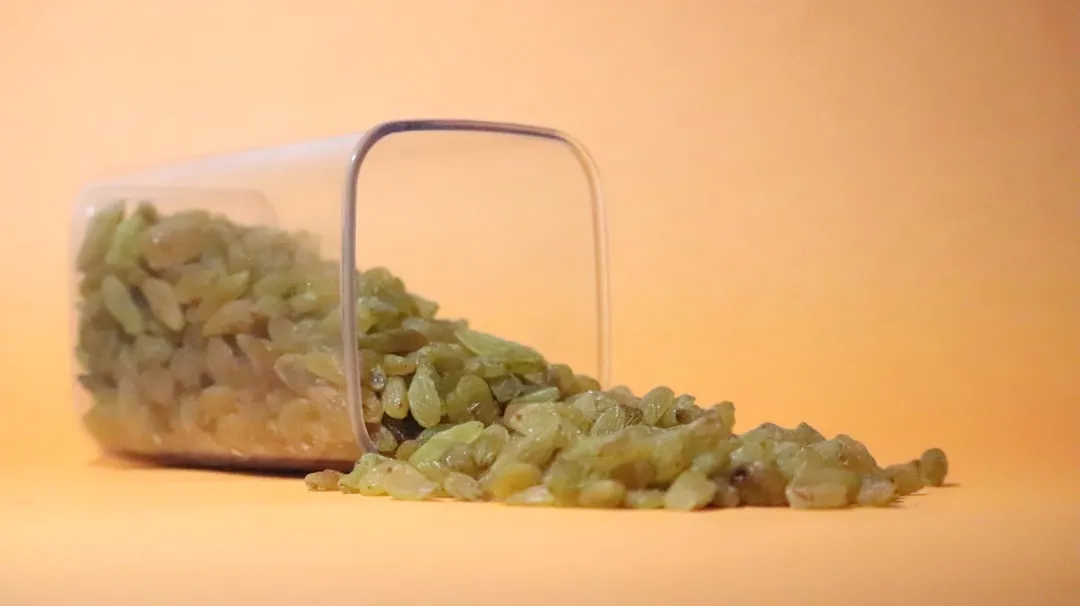
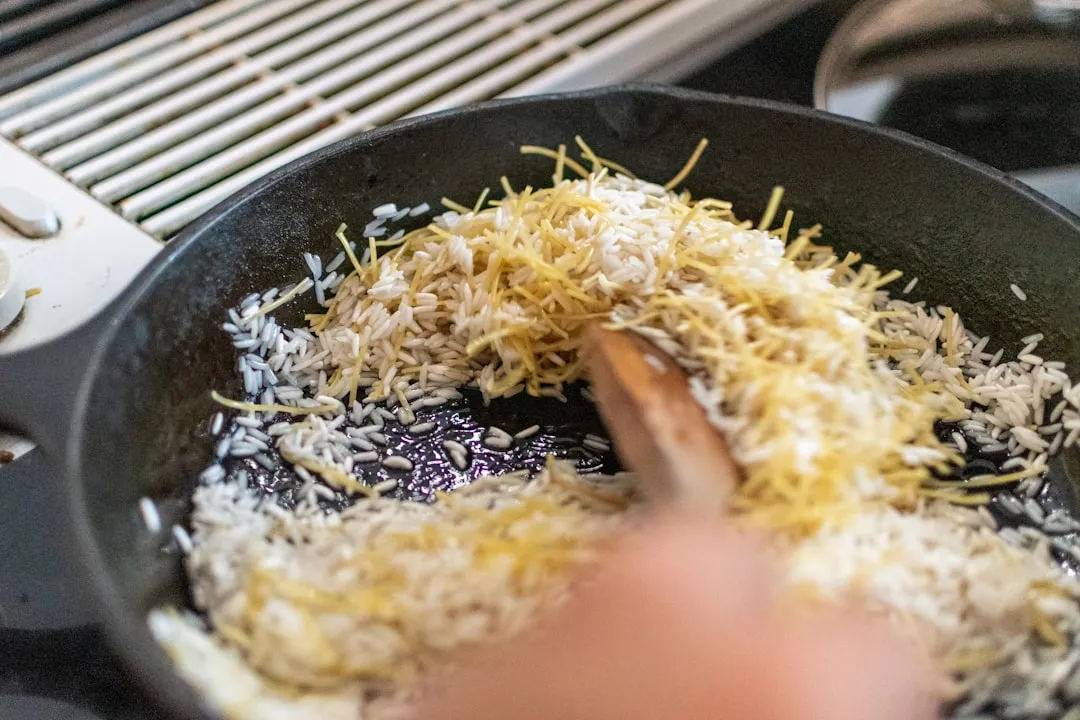
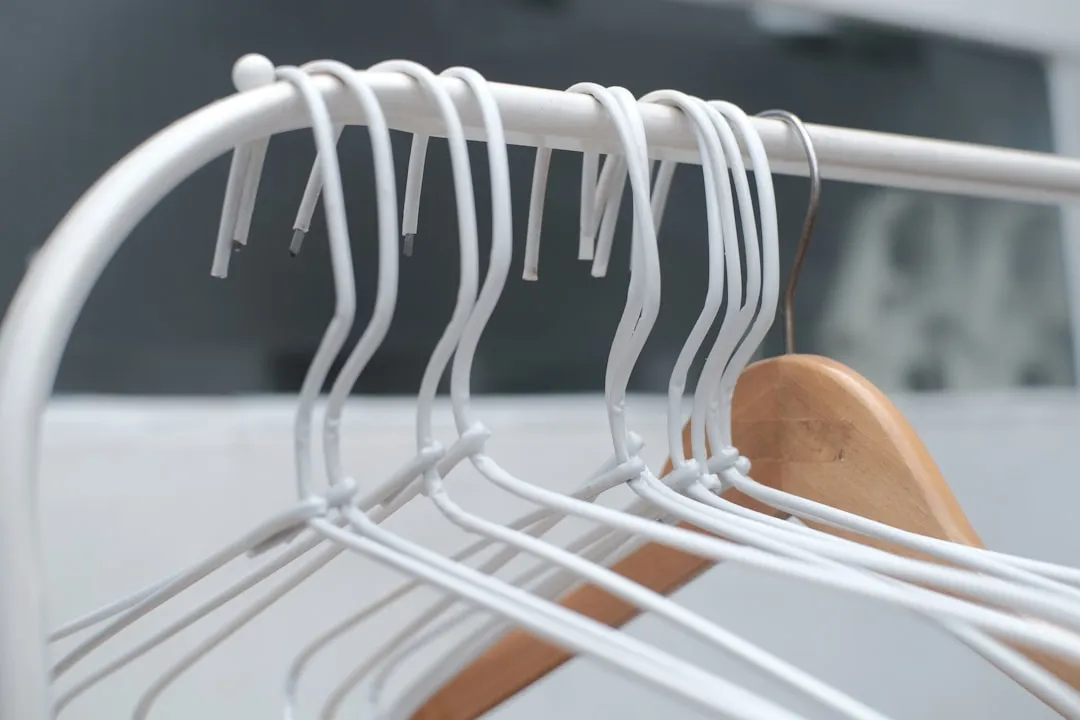
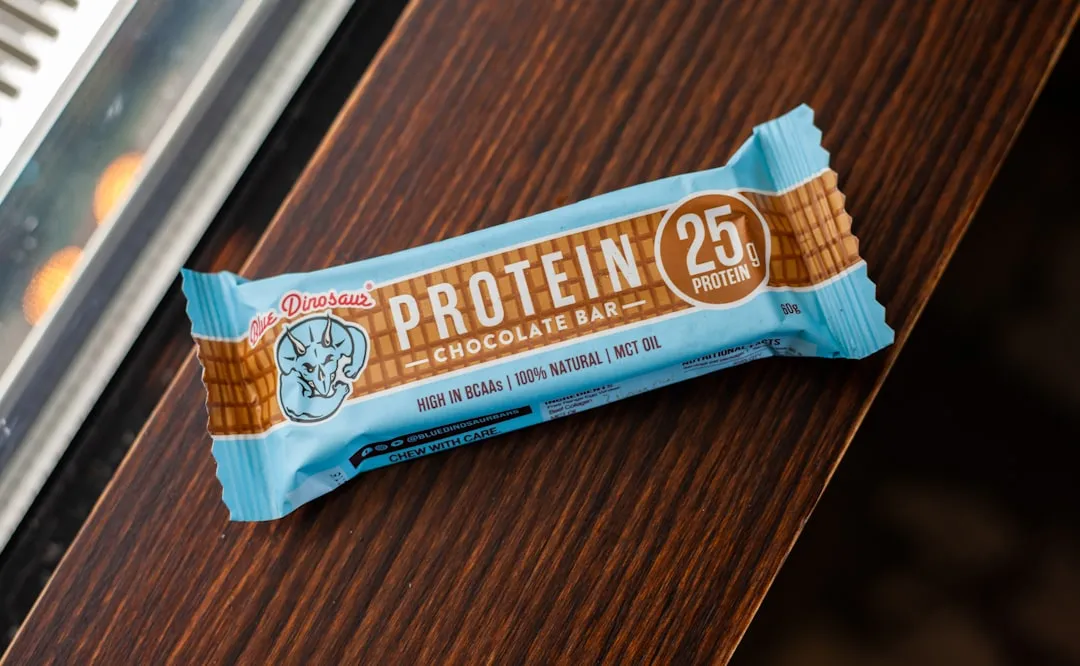
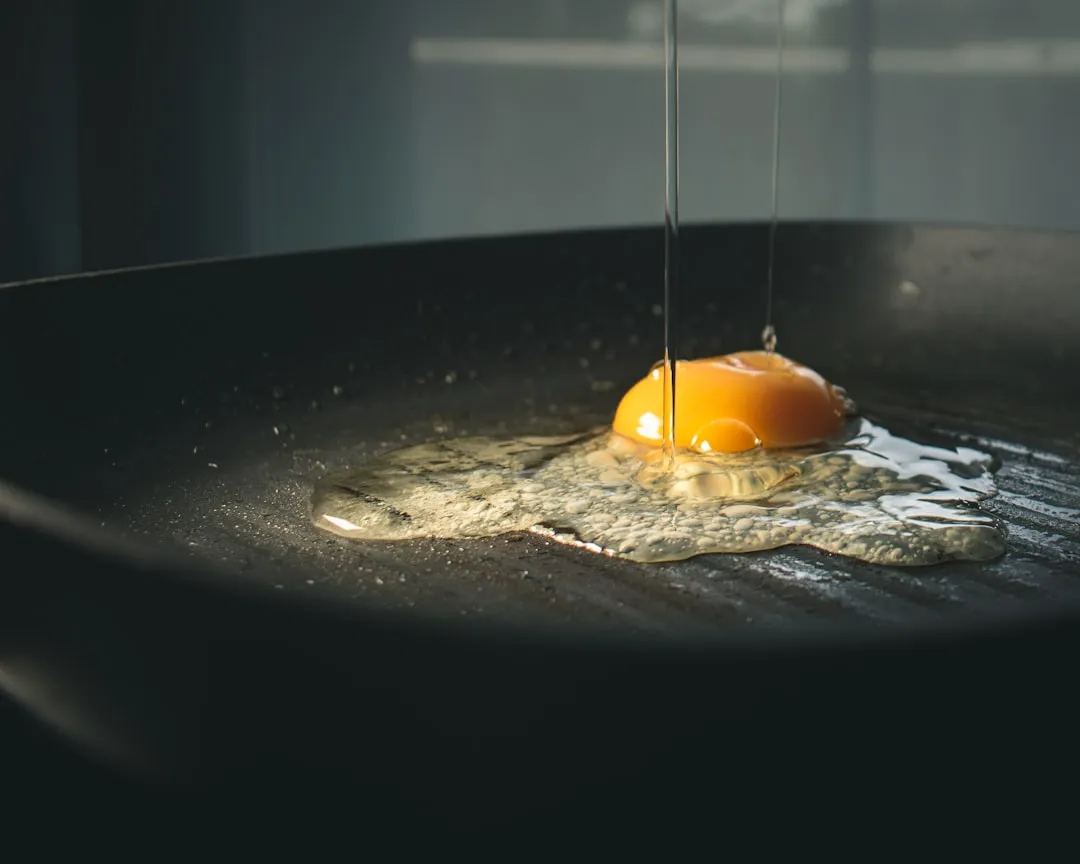


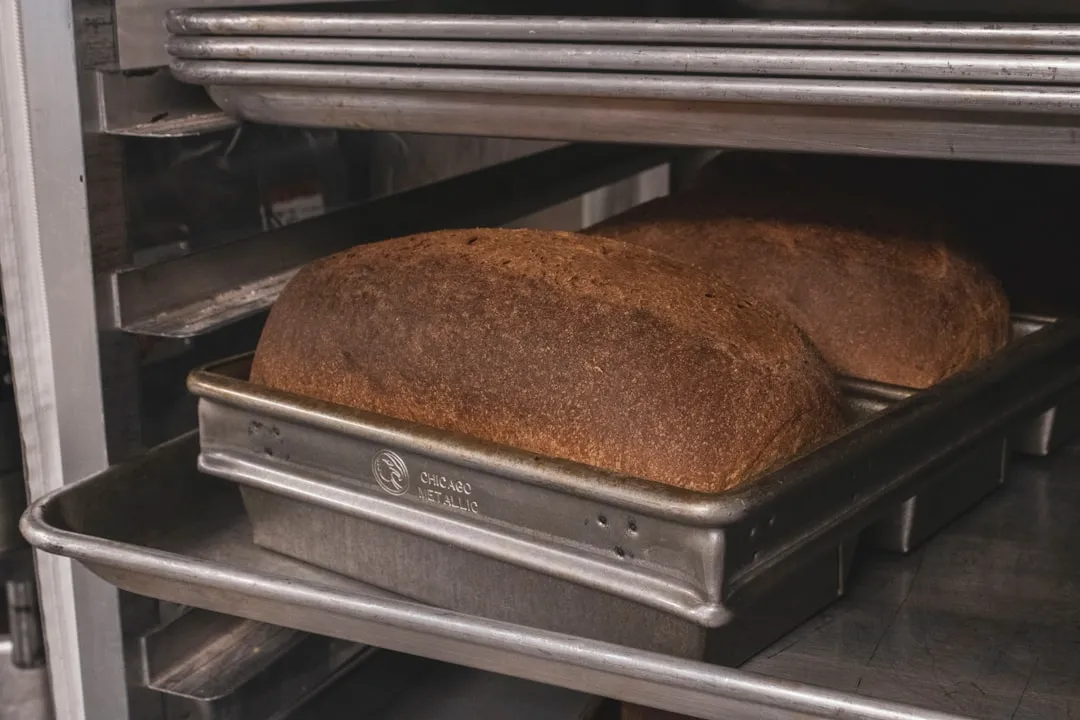
Comments
Be the first, drop a comment!